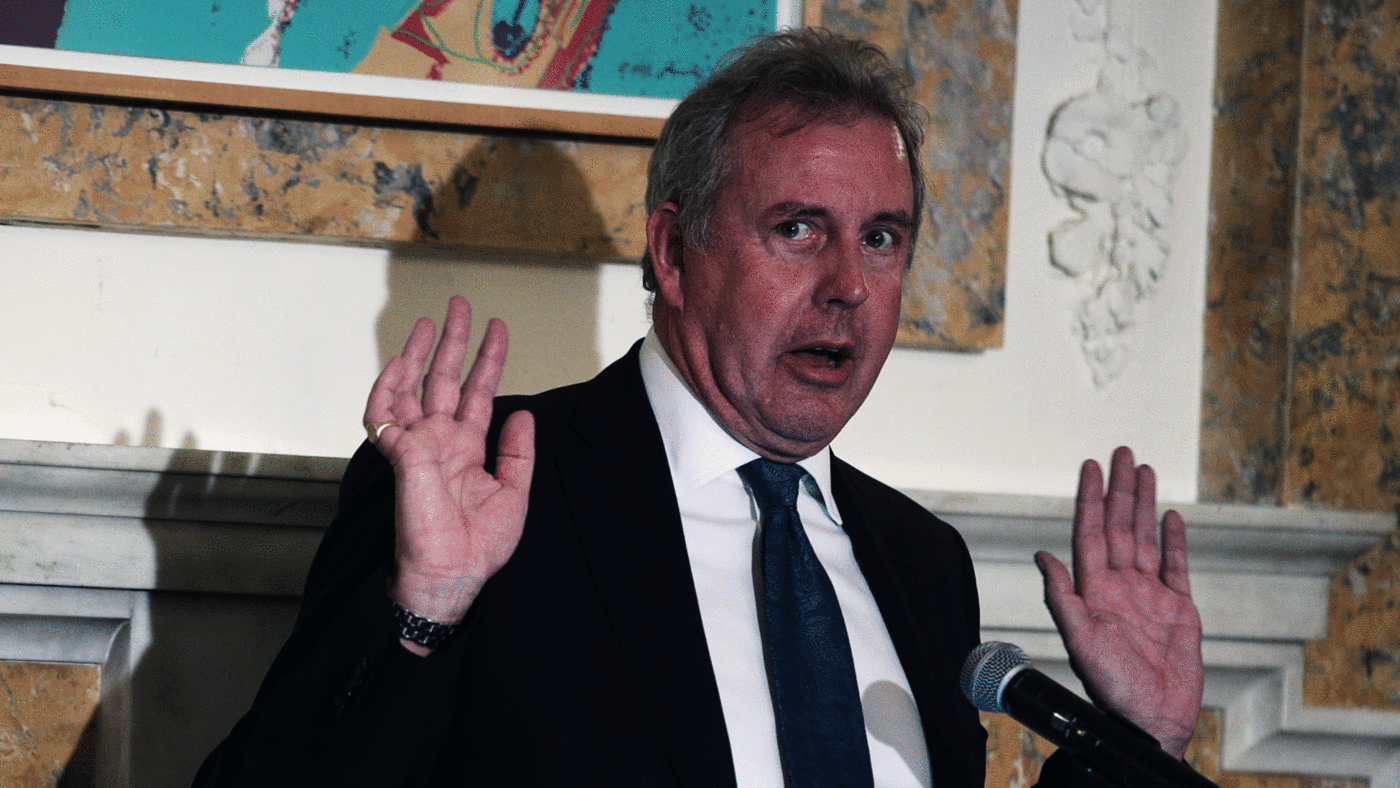In all of the sound and fury and sordid events that led to the resignation of the British ambassador to the US, Kim Darroch, there has been little attention paid to the question of what is the function of the UK ambassador in the US, or indeed, that of Ambassadors anywhere.
In a past without modern communications, media, or a 24 hour news cycle, picking up intelligence from a host country and passing it back to the home country was perhaps the most important part of the job. Any serious advocacy would be done by the head of state; an Ambassador merely paved the way as a sort of glorified front man. They were traditionally quite limited in what they could do and the risk of free lancing meant that successful Ambassadors rarely deviated from their talking points.
But the world has changed, and it is not enough now to be merely a listening post. Indeed, even as a listening post, embassies must be careful who they listen to. Just as the old world of a handful of elites firmly gripping the levers of power has fallen apart, so embassies must get ahead of coming trends in order not to be engulfed up by them. They must constantly challenge the received wisdom of the elite echo chambers and try to get beyond them. This is especially true in the US, and it is not just Donald Trump who has brought this reality to the fore.
In fact, many countries have already learned these lessons. Countries like Canada, Israel, and the groups like the Cuban American diaspora have known for decades that the White House is not the only locus of power, but rather Congress (and the forces that elect its members) is where the action lies. We must pay much greater attention to the states themselves with all their differences. We must learn to understand the nuances between them and get behind the caricatures that too often sully our limited understanding of America.
We must get outside our comfort zones and go out into places where we may feel alien, and where our own worldviews are challenged by the majority of people who live there. In American politics – as we have seen with not just Trump, but also with President Bill Clinton and others – a political star can be born seemingly out of nowhere. We must be present in those places where these stars are born. We must shape the forces that produce them (not merely watch them), if the UK agenda is to be properly executed in the US.
The diasporas of Cuban Americans, Irish and others in their very separate ways have all shaped politics in the US. We must not be so squeamish as to think the halls of Congress or the halls of statehouses and municipalities are beneath us, or that mere politics is not the appropriate venue for diplomats. All our diplomats must not be afraid to aggressively advocate the British interest, as well as to explain the host country better to our own people. We must not be afraid to work with local groups and local messengers to get our points across. Other countries do this – why not the UK at this critical time in our relationship with the US?
Finally, we must not take the US for granted, and assume that our historic connections and commitments to free trade and free markets will somehow align us forever. Instead we must demonstrate those commitments, and work to build up the relationships that do exist. There are over a million Brits in the US, succeeding and failing in daily battles. We have an army of advocates if only we would use them. Again, we fall far short of others in this regard. India even has a ministry for the diaspora. China is acutely aware of its citizens spread out all over the world, and sees them as assets.
This is not to say that listening and faithfully reporting is not important. The key is not hearing what we want to hear, or what fits our own worldview, but what is really there (however uncomfortable it is). The elites missed both Brexit and Trump. They do not have a good track record of seeing trends of the future, particularly as information becomes much more diffused and real-time –especially in a world where powerful movements can form quickly. This is because they do not pay sufficient attention to the “noises off” the stage where their attention is focused. If we are going to properly prosecute our agenda in the US, then this needs to change also. Britain’s man or woman in Washington should be our chief lobbyist there. If not, who else will argue for our interests?
CapX depends on the generosity of its readers. If you value what we do, please consider making a donation.


